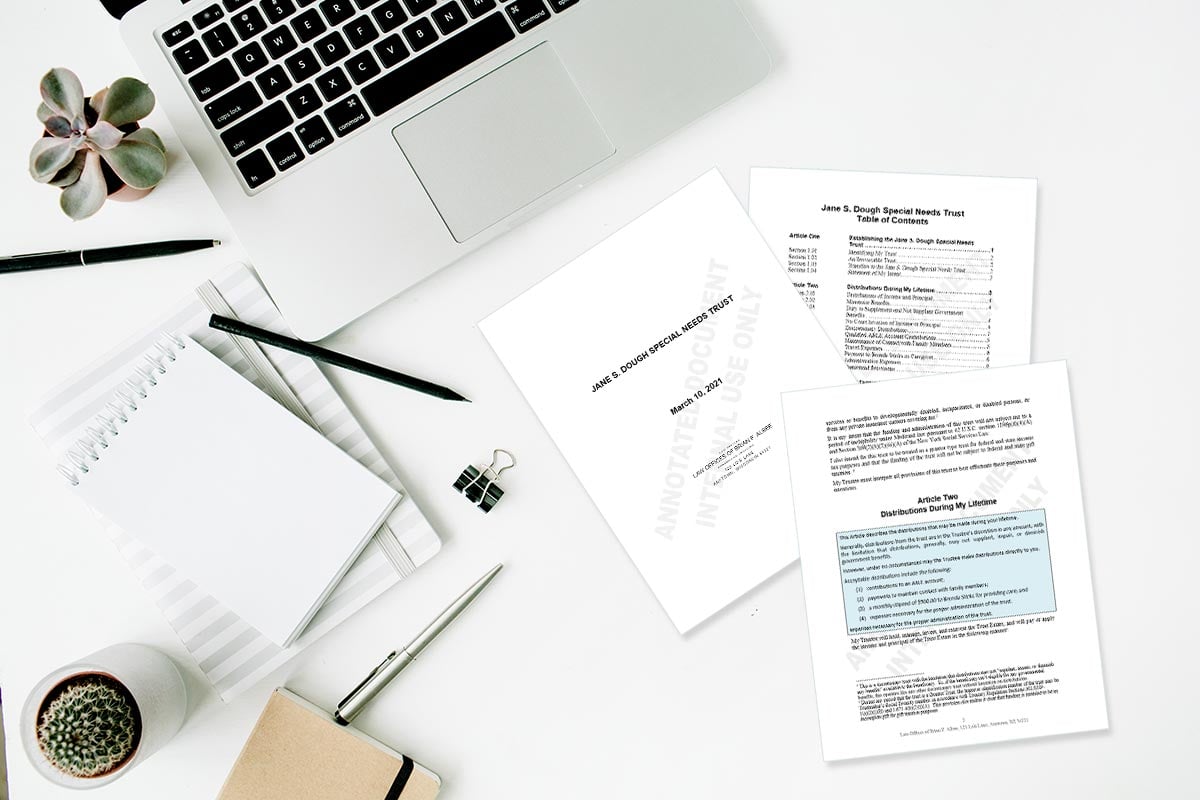
Ride-share companies, such as Uber, have boomed in recent years. Anyone needing a ride can simply make a few clicks on their smartphone or computer and a car shows up to take them to their destination. Very convenient!
Folks with disabilities have also benefited from Uber’s services. A customer can order an Uber WAV and a wheelchair-accessible vehicle will be provided. The price of the Uber WAV vehicle is comparable to the cost of a basic ride option. The driver of an Uber WAV has undergone training to help the rider enter and exit the vehicle. Finally, Uber is an equal opportunity employer, and those with disabilities (with a valid driver’s license) can drive and make some cash. Uber purports that “Drivers who are deaf have collectively earned tens of millions of dollars—all by helping people get around their communities.”



